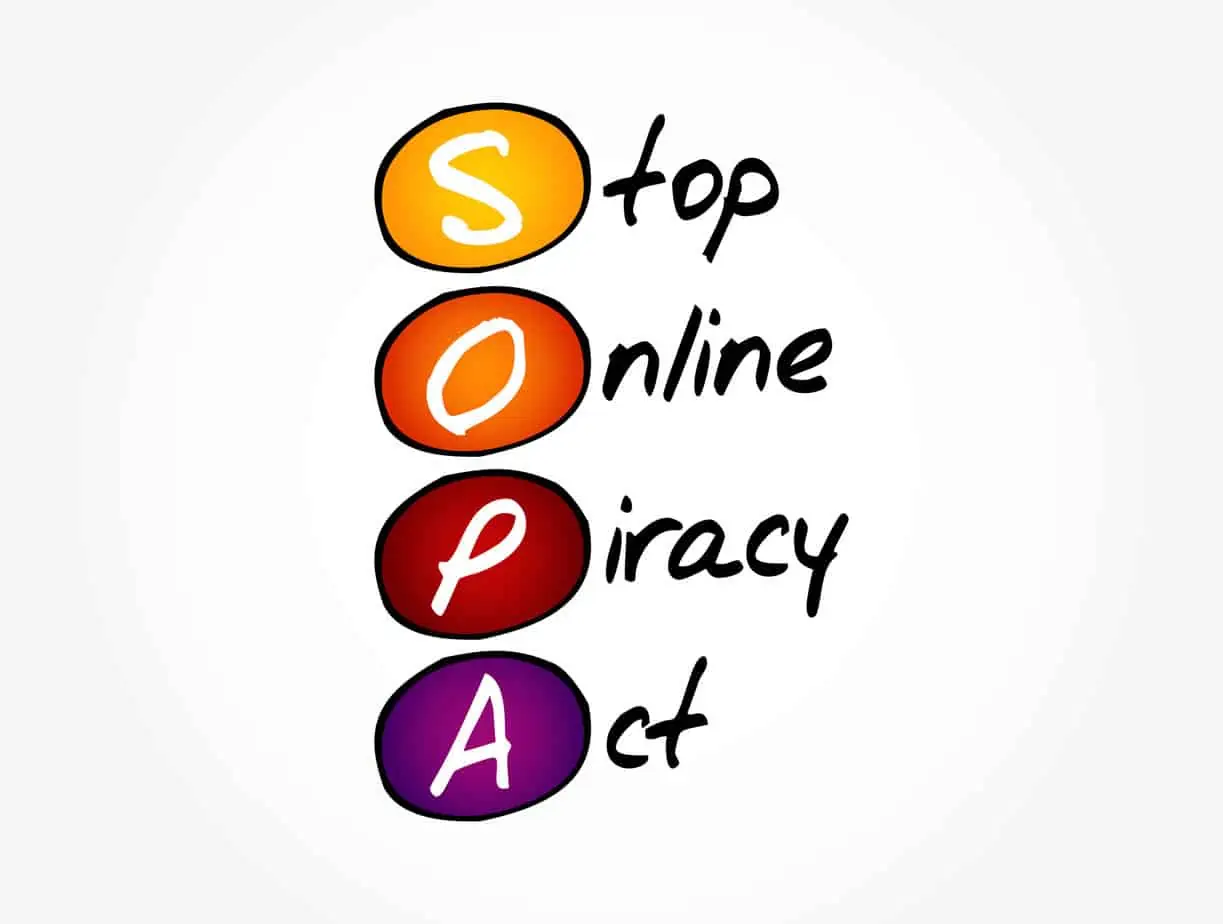The Official Merchant Services Blog is going to be quick today. The Holiday Shopping Season is still going great and merchants are still reaping the rewards of the boost in business. But we wanted to take a moment to step out of the holiday shopping mindset and look toward the future. We’d like to point you to a new law before Congress that could have a huge impact on e-commerce and your company’s website: The Stop Online Piracy Act.
The Basics
Let’s get the basics out of the way first. What is the Stop Online Piracy Act (SOPA)? The Stop Online Piracy Act (SOPA) is also known as H.R. 3261. It was introduced in the House of Representatives on October 26, 2011 by Lamar Smith [R-TX] and a bipartisan group of 12 initial co-sponsors. This bill, intended to help stem online piracy and backed by companies like Disney, Viacom, and Time Warner, has set off the alarms of many sites and companies on the internet because it essentially allows the government and private corporations to censor entire sites that they fear are illegally distributing copyrighted material.
Host Merchant Services has provided an extensive review and analysis of the bill here. We look at the entirety of the law and its controversy, as well as a very focused review of what the law has to say about merchant service providers so that our merchants can get an idea of what is in store for them if this bill passes.
What it Means for Merchants
SOPA is being fueled by the entertainment industry, and as such it contains language that allows for a very broad sweeping attack on copyright infringement –– throughout the internet. A Gamespot Article found here calls it “the law that will break your internet.” What it means for businesses and their websites, as well as payment processors, is the law allows copyright and trademark holders to contact advertisers and others who do business with sites that encourage or even allow infringement to ask them to stop. There is no requirement that those copyright holders contact the offending businesses first.
While on the surface this may seem like a great idea because it does give the Department of Justice the teeth it needs to attack online piracy, opponents of the bill argue that the legislation could have ramifications for innocent companies that provide a storefront for a wide variety of small businesses. With a large site like Amazon or eBay, having to take proactive measures to police piracy among their many sub-merchants is a herculean task that could all be unraveled by just one person with an axe to grind. And that gets right to the heart of the problem with the law: the way it is currently written there would be no way to determine that the person reporting the piracy was being truthful.
In short, your business could be interrupted by your website getting shut down. Your website could get shut down due to a report through one of many different channels. Since payment processors are included in this law, it could be something as simple as someone making a claim of piracy about your site, but doing so against your processor, and so your processor has to suspend your site’s ability to take payments.
Moving Forward
The Official Merchant Services Blog will keep you updated on this law as it develops. Currently the most interesting tidbits are:
- Maria Pallante, Registrar of U.S. Copyrights, has endorsed the legislation.
- Lamar Smith, sponsor of the bill, has backed off his initial aggressive support of the stance, and can be quoted as saying “I’m not a technical expert on this. I’m trying to ferret this out.”
- Microsoft, Apple and other members of the Business Software Alliance have backed away from supporting the bill 5 days after the initial hearing before the House Judiciary Committee.
Any questions about SOPA? What are your feelings about this law? Do you think it could interrupt your business? Do you think it has the potential to be abused by web surfers with an axe to grind? Do you think it can effectively police online piracy?

